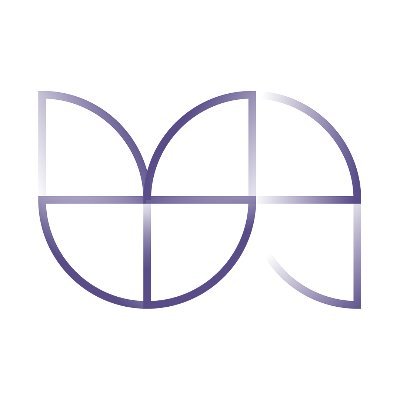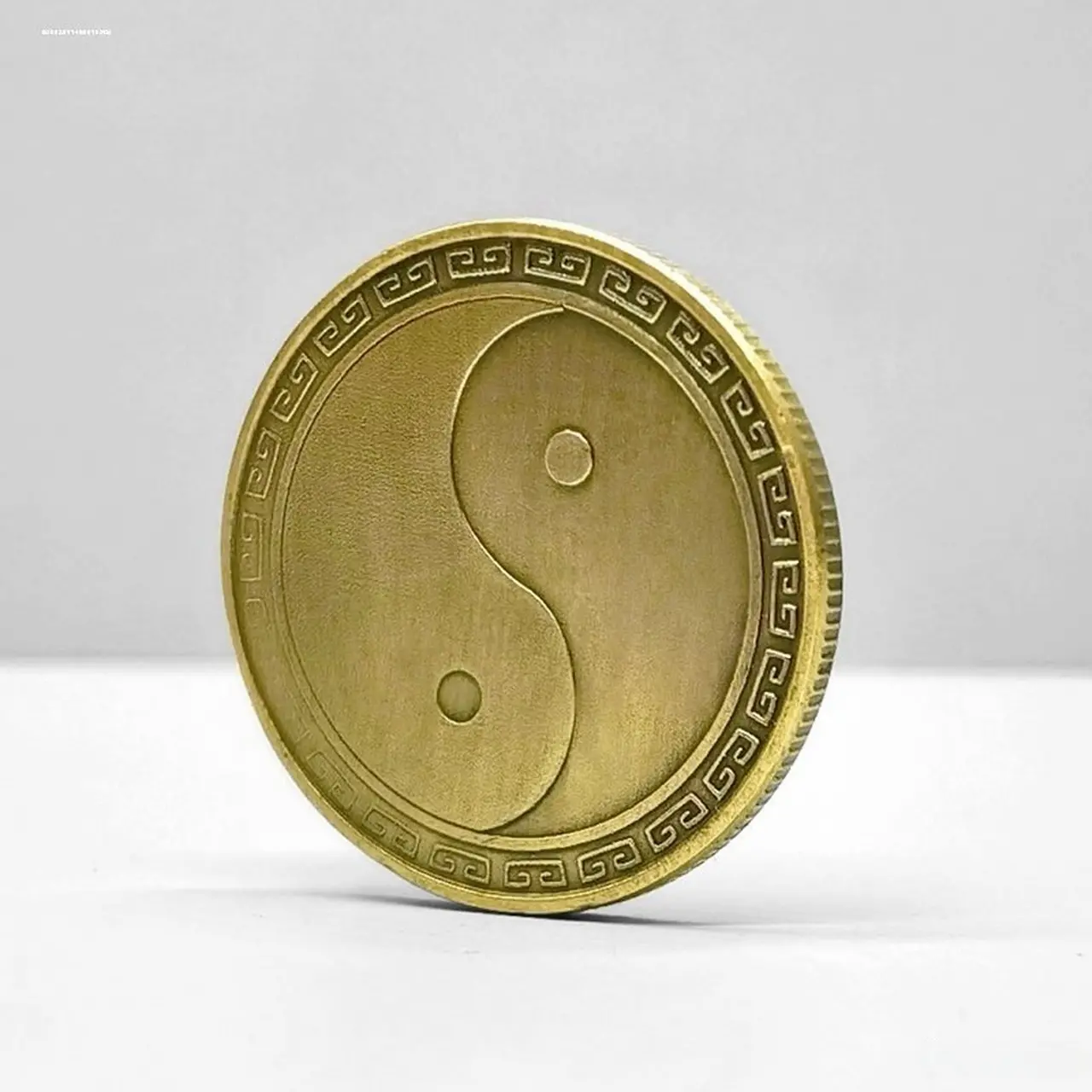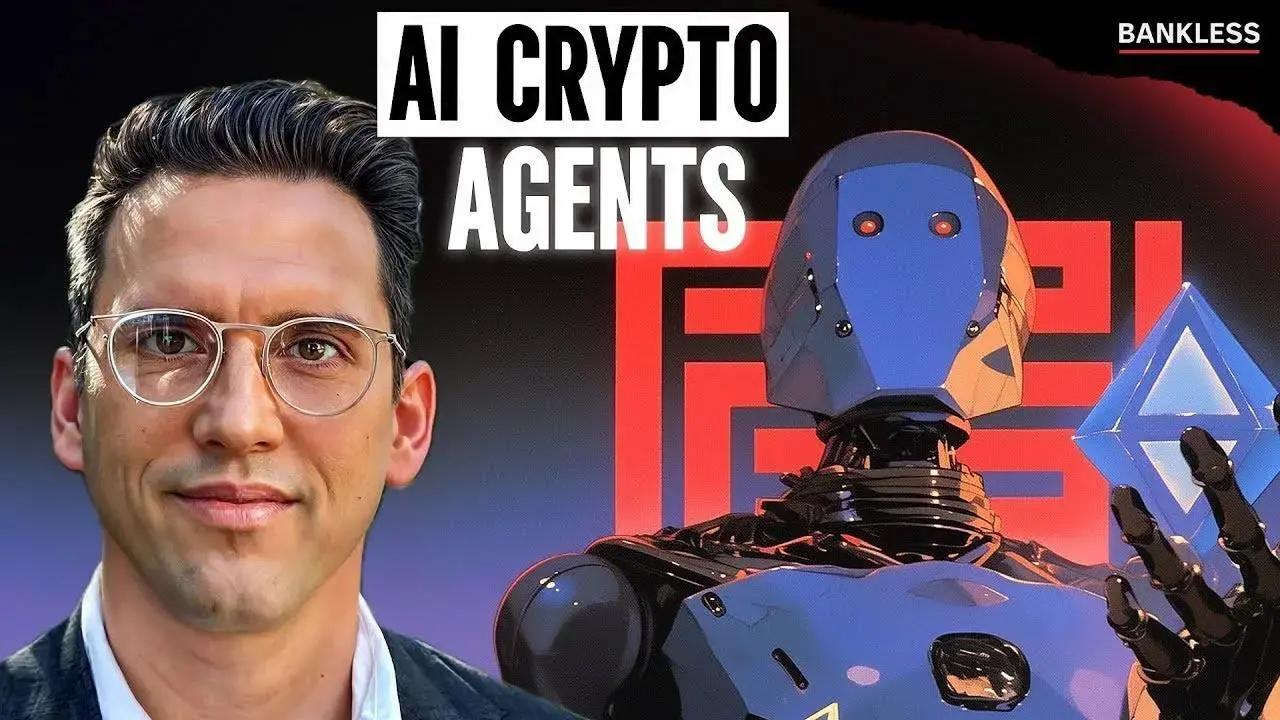The tokenization of land resources is leading the Central African Republic towards a "crypto economy" free nation
Author: Mia, Chaincatcher
Recently, the Sango project team, which created the "Crypto Center" in the Central African Republic (CAR), stated on its official media that the country's legislative body has passed the "Tokenisation Law," approving the tokenization of land and natural resources. The Sango team indicated that once licenses are obtained, businesses can utilize blockchain for tokenization operations in agriculture, real estate, natural resources, and more on the Sango platform.

Since the launch of the national cryptocurrency Sango Coin, the asset tokenization process in the Central African Republic has been underway for a year, making it one of the most cryptocurrency-friendly countries in the world’s underdeveloped regions, as well as one of the most active areas for cryptocurrency innovation.
Africa's Second "El Salvador"
In fact, the President of the Central African Republic, as a staunch "believer" in Bitcoin, has consistently supported and committed to the promotion and application of Bitcoin. In April last year, he announced the adoption of Bitcoin as legal tender, allowing tax payments in cryptocurrency. Additionally, a legal framework was established to regulate the use of cryptocurrencies, making the Central African Republic the second country after El Salvador to officially adopt Bitcoin as legal tender, and also the first in Africa to use Bitcoin as a payment currency.
Following this, the Central African Republic officially launched the "Crypto Center" project Sango in May last year to attract global cryptocurrency enthusiasts. This plan includes a crypto island and a digital wallet. With the launch of Project Sango, the tokenization of access rights to natural resources also began, as the Central African Republic plans to provide tokenized access rights to mineral resources for cryptocurrency and digital asset projects established in the country. The tokenization of land and natural resources is a further deepening of this asset tokenization.
Progress Faces Obstacles
However, ideals are often full, while reality can be painfully thin. The President of the Central African Republic, who has always adhered to the belief that "Bitcoin is a superior currency in a better world," has faced numerous obstacles in promoting Bitcoin globally, much like the Prime Minister of El Salvador.
The International Monetary Fund has directly expressed concerns about its adoption of Bitcoin; the Central Bank of France's African colonies wrote to the President of the Central African Republic, stating that its adoption of Bitcoin would have "significant negative impacts" on the colonial franc system; and the Central African banking regulatory authority also declared that the ban on cryptocurrencies remains in effect; the World Bank further stated it would not support its so-called "Sango" crypto plan.
However, the cold reception from various international organizations has not dampened CAR's enthusiasm; instead, it positions itself as a pioneer in cryptocurrency adoption and strives to overcome all obstacles.
Launching the National Cryptocurrency Sango Coin
"If no one believes in Bitcoin, then I will issue my own national cryptocurrency."
In July last year, the Central African Republic (CAR) took a defiant stance and launched the public sale of its national cryptocurrency, Sango Coin. It is reported that Sango is deployed on a Bitcoin sidechain, similar to Blockstream's Liquid Network, with the main advantage of the sidechain being its access to the full liquidity of Bitcoin. This sidechain interacts directly with the Bitcoin main chain and allows users to bridge transactions directly from Sango Coin to the Bitcoin main chain.
The public sale price during the genesis phase of Sango Coin was set at $0.1, with a minimum participation amount of $500. According to detailed information on the Sango project website, the total supply of Sango Coin is 21 billion coins, and aside from the genesis phase, the token sale is divided into 12 cycles, spanning one year, with the sale price increasing sequentially, ultimately reaching $0.45.
Additionally, CAR has provided various incentives for Sango Coin, such as allowing investors to obtain citizenship of the country and enjoy civil rights by purchasing and staking $60,000 worth of Sango Coin; or acquiring a three-year "electronic residency" for $6,000; or obtaining land property in the country through staking $10,000 worth of Sango Coin as fixed collateral for ten years.
However, two months after the ICO of the token began, the Constitutional Court of the Central African Republic ruled that using tokens to purchase land and citizenship was unconstitutional. Furthermore, in March this year, the National Assembly of the Central African Republic announced that Bitcoin would no longer be considered legal tender, but rather a benchmark cryptocurrency.
Exploring Natural Resource Tokenization
A year later, reflecting on the Sango Coin ICO, its local response has been minimal. Although 200 million Sango Coins were sold at a price of $0.1 during the genesis phase, the number of tokens sold to local citizens was less than 800, with more tokens being acquired from outside. The tokenization of land and natural resources is also built upon Project Sango.
Currently, according to its official announcement, the law regarding the tokenization of land and natural resources has been "unanimously approved." Other provisions of this law include making it possible to obtain business visas online and allowing citizens and foreigners to "easily" start businesses and obtain permits for real estate, agriculture, natural resource extraction, and forestry. However, from the market performance perspective, this news has yet to attract widespread attention at the societal level.
Conclusion
In fact, the use of cryptocurrencies in underdeveloped regions has always faced suppression from developed countries. Due to historical factors, 14 African financial community (CFA) countries, including the Central African Republic, use the CFA franc printed by France, which greatly impacts the economic development and trade exchanges of Central African countries.
Similar to El Salvador's adoption of Bitcoin as legal tender, El Salvador is exploring a way to break free from dollar control and dilute the dollar's market share beyond cryptocurrency innovation. The CAR's launch of the national cryptocurrency Sango Coin is also a quest to resist the hegemony of the franc in the CFA. The tokenization of land and natural resources is also an exploration of breaking free from the control of the franc.
It is well known that "decentralization" in the crypto world is a rebellion against centralized power, and the emergence of crypto technology provides new technological weapons for weaker countries to resist the economic domination of hegemonic nations. Cryptocurrency and resource tokenization have also become powerful tools to break this inequality. If the tokenization of land and natural resources is successfully implemented, citizens and foreigners will be able to start businesses and obtain permits for real estate, agriculture, natural resource extraction, and forestry in the Central African Republic without being restricted by the franc. Its vast natural resources will be better utilized, thus transforming into a driving force for socio-economic development.
All innovations and explorations come with setbacks and failures. The Central African Republic's path in cryptocurrency is destined to be fraught with thorns, but it also carries the dream of truly achieving "decentralized" freedom. With continuous trial and error and new attempts, perhaps in the future, the Central African Republic will become a truly "crypto economy" free nation, and we will wait and see.











